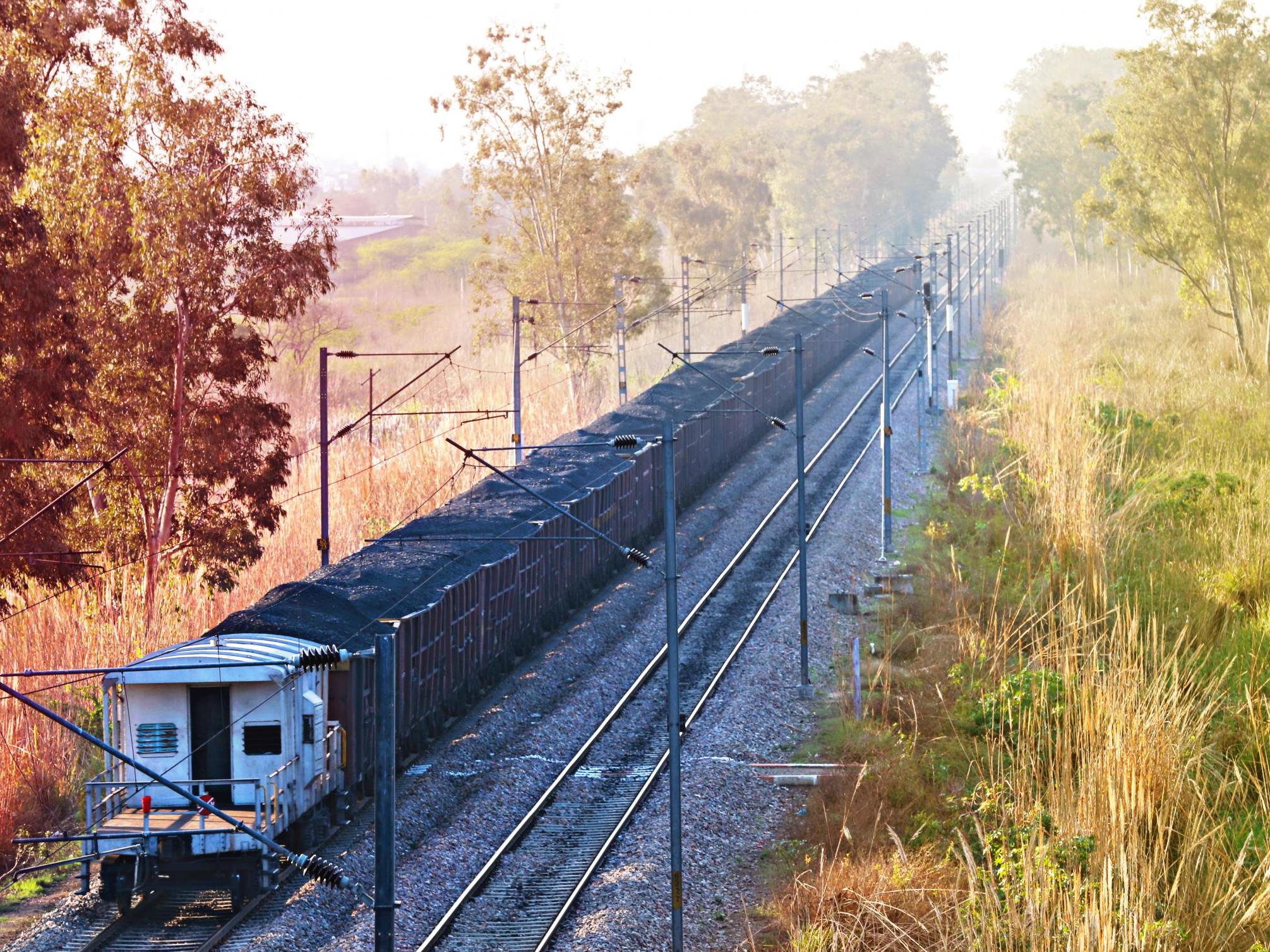India investing more money in solar power than coal for first time
But coal use is still growing in country where energy demands are rising fast

Your support helps us to tell the story
From reproductive rights to climate change to Big Tech, The Independent is on the ground when the story is developing. Whether it's investigating the financials of Elon Musk's pro-Trump PAC or producing our latest documentary, 'The A Word', which shines a light on the American women fighting for reproductive rights, we know how important it is to parse out the facts from the messaging.
At such a critical moment in US history, we need reporters on the ground. Your donation allows us to keep sending journalists to speak to both sides of the story.
The Independent is trusted by Americans across the entire political spectrum. And unlike many other quality news outlets, we choose not to lock Americans out of our reporting and analysis with paywalls. We believe quality journalism should be available to everyone, paid for by those who can afford it.
Your support makes all the difference.A whopping 74 per cent of India’s electricity generation comes from coal-fired power plants, and coal use in the country continues to increase, but we may be seeing the beginning of the end of coal’s rein as renewable energy investments have begun to outpace those in fossil fuels.
A major shift is underway in the country which is the world’s third-largest contributor to greenhouse gases, after the US and China.
According to the International Energy Agency, India’s move towards spending on renewables has been driven both by policy and by the rapidly falling costs of bringing solar power online.
For the past three years in a row India has seen greater total investments in renewables than in fossil fuels, the report shows, while spending on solar energy overtook spending on coal-fired power generation for the first time in 2018.
“There has been a very big step change in terms of the shift in investments in India in just the past three years,” Michael Waldron, an author of the report, told Inside Climate News.
“But there are a number of risks around whether this shift can be continued and be sustained over time,” he said.
The threat to a continuation of this progress includes the potential for a growing appetite for coal, as well as the government’s policy decisions in the coming years.
Energy demands in the country still remain comparatively small – each person in India uses a 10th that of a US citizen – but that is changing fast with people increasingly consuming larger amounts of energy.
As a result, BP has estimated India’s overall energy demands could double by 2040 due to further population growth and economic development.
Despite its growing use of coal and increasing demands, the country appears to remain on track to meet its obligations under the Paris climate agreement, in which it pledged to bring 175 gigawatts of renewable energy online by 2022.
So far the country has installed over 77GW – double its renewables capacity of four years ago – and has signed off a further 60GW for construction.
Meanwhile, India’s new coal power generation has dropped from roughly 20 gigawatts of additional capacity being added each year to less than 10 gigawatts added in each of the last three years, Sameer Kwatra, a climate change and energy policy analyst with the Natural Resources Defense Council told Inside Climate News.
“There is a realisation that renewables are quicker, cleaner, cheaper and also strategically in India’s interest because of energy security; it just makes financial sense to invest in renewables,” he said.
The slow move away from coal in India fits with global trends in investment in fossil fuels which have tumbled over the last three years.
Despite the apparent progress, the International Energy Agency has warned much more investment in renewables across the world is required to prevent more than 1.5C of average global warming as set out under the terms of the Paris climate agreement.
“Energy investments now face unprecedented uncertainties, with shifts in markets, policies and technologies,” said Dr Fatih Birol, the IEA’s executive director.
“But the bottom line is that the world is not investing enough in traditional elements of supply to maintain today’s consumption patterns, nor is it investing enough in cleaner energy technologies to change course. Whichever way you look, we are storing up risks for the future.”
Read more on solar panels
Join our commenting forum
Join thought-provoking conversations, follow other Independent readers and see their replies
Comments